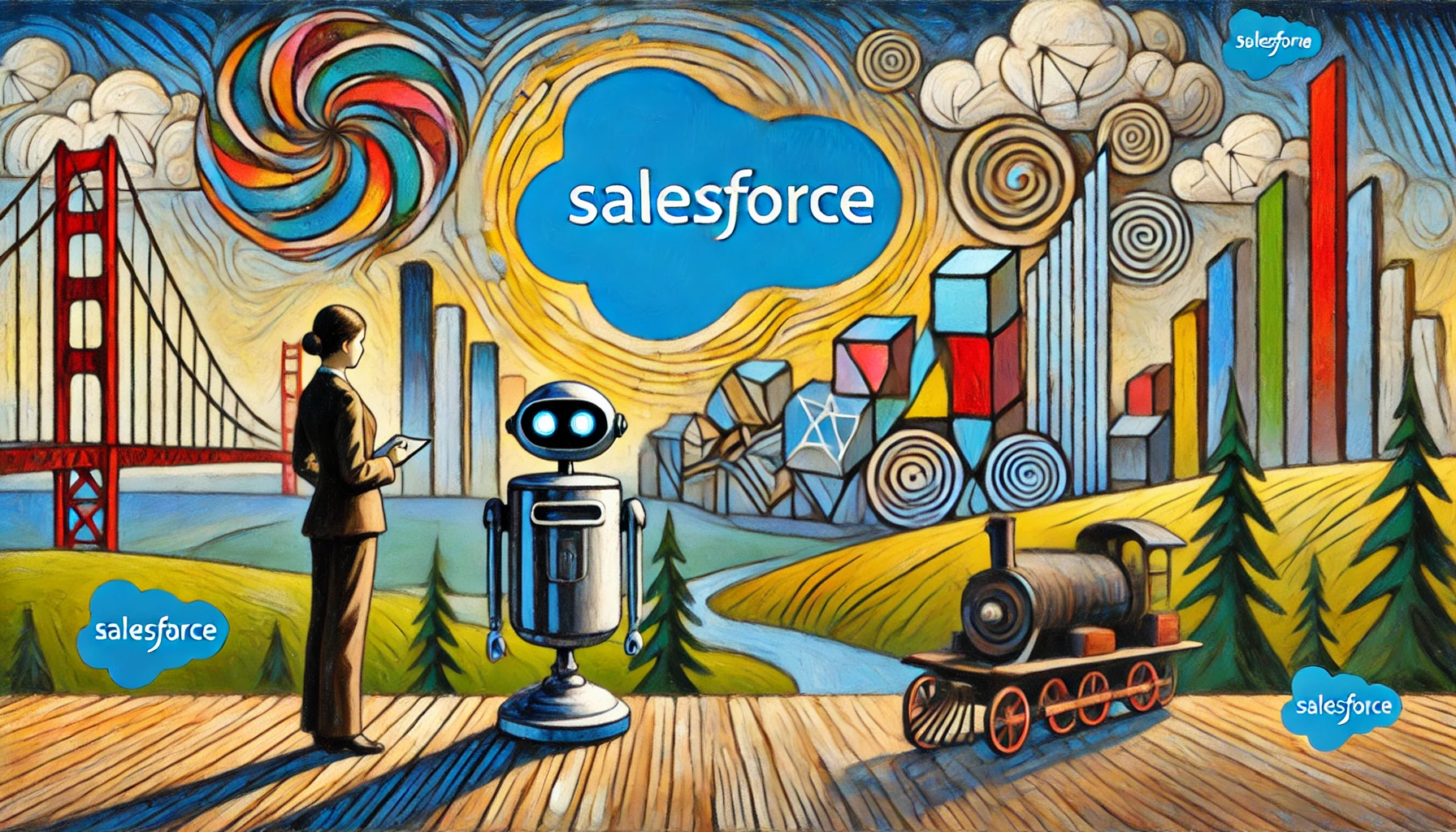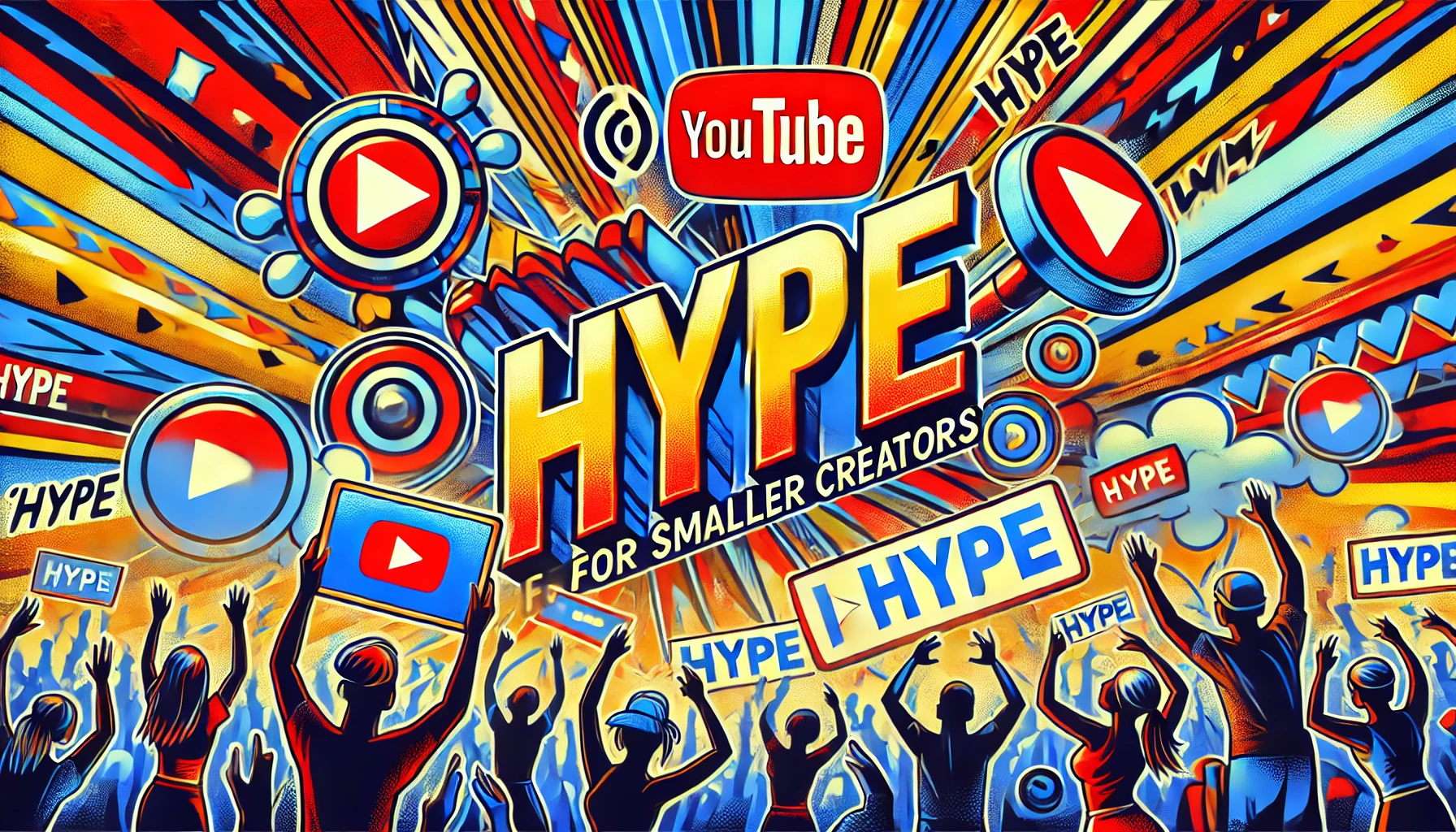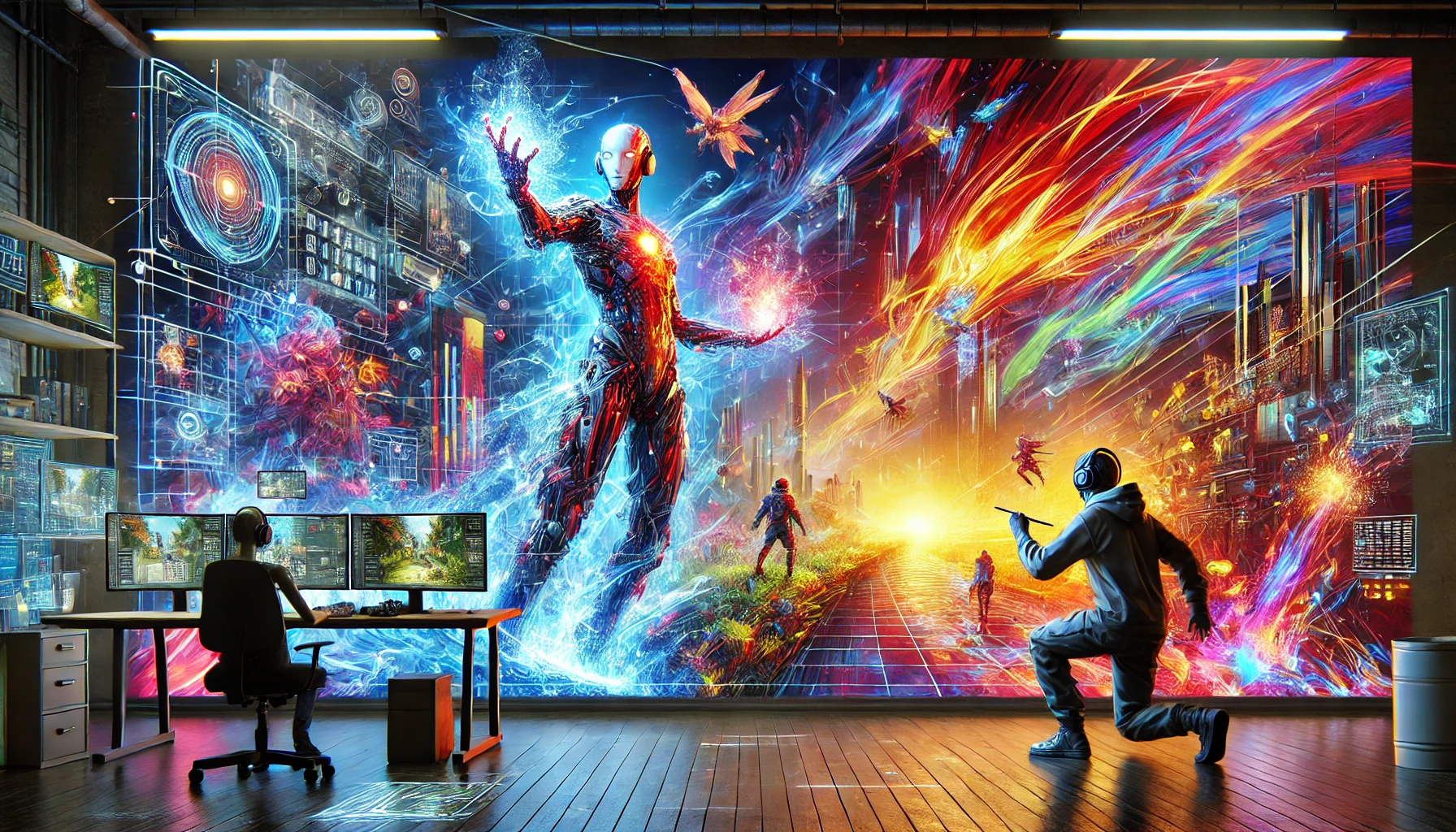That’s the trillion-dollar question being tossed around thanks to none other than Sebastian Siemiatkowski, CEO of Klarna. Siemiatkowski isn’t just your average suit running a buy-now-pay-later company; he’s also a vocal cheerleader for OpenAI’s software. In a recent investor call, he dropped a bombshell: Klarna is shutting down a hefty chunk of its enterprise software apps—those bloated CRM and HR systems run by the likes of Salesforce and Workday—because, according to him, AI can replace them. Bold claim? You bet.
And here's where things get really interesting: Siemiatkowski's comments went viral, picked up by outlets like Seeking Alpha and spreading faster than your average TikTok dance trend. But what’s the real deal behind these claims? Let’s break it down.
AI: The David to Enterprise Software’s Goliath?
Here’s the idea Siemiatkowski’s pushing: Conversational AI, like OpenAI’s ChatGPT, can understand natural-language commands and write code on the fly. Imagine telling your AI assistant to whip up a custom app tailored to your business needs. No more paying for bloated software with features you never use, no more endless license fees—just an AI that builds what you need, when you need it.
Think about it like this: Why pay for a suite of tools when you can just ask your AI to create one on the spot? It’s like hiring a personal chef instead of subscribing to meal delivery kits. You get exactly what you need, made fresh, every time.
But here’s the kicker: Siemiatkowski wasn’t just talking about saving on license fees. He sees this as a complete shift in how businesses operate. Right now, most enterprise apps just juggle massive amounts of corporate data—inventory, customer info, payroll, you name it. But what if AI could handle all of that, cutting out the middleman software entirely?
The Death of Traditional Software as We Know It?
Now, before you start penning eulogies for Salesforce and Workday, let’s get real. We’re still in the early stages of AI’s enterprise takeover. But Siemiatkowski’s not the only one ringing the death knell for traditional software. Conversations around no-code platforms and low-code AI tools are already hinting at a future where business software is built on the fly—tailored to specific needs rather than crammed with one-size-fits-all solutions.
Salesforce may have to rethink its game plan soon. With AI gaining momentum, it’s no longer about just selling tools; it’s about selling adaptable solutions that evolve with your business. That’s the key here—adaptability. Traditional software doesn’t evolve without a hefty bill attached. AI? It evolves every time you ask it a new question.
The Anthropic Shift: A New Era for AI Assistants
Now, here’s the twist: OpenAI isn’t the only player in the AI game. Companies like Anthropic are coming in hot with their own models—like Claude—that claim to understand context better and offer more natural conversations than ever before. This is the kind of AI that will make enterprise software shake in its boots.
Siemiatkowski’s belief in OpenAI’s power to replace traditional enterprise software apps underscores a broader point: AI isn’t just a tool anymore. It’s a co-worker. And that changes everything about how businesses are run—from human resources to customer service to software development.
So, what does this mean for you, the ambitious entrepreneur, or the savvy business leader?
Let’s paint the picture: You’ve been shelling out cash to keep your CRM and HR systems running. They work, but they don’t evolve. You can’t tweak them to meet your unique needs without hiring an expensive IT team or getting nickel-and-dimed by your software provider. Now, picture an AI system that can create a custom solution with just a few prompts.
Doesn’t that sound like freedom? Freedom from software limitations. Freedom from sky-high licensing fees. Freedom to grow and adapt at your own pace.
AI’s New Role: Customization Over Cookie-Cutter Solutions
In a world where AI can develop tailored solutions, why stick to the cookie-cutter options? Imagine walking into a restaurant, and instead of choosing from a preset menu, you get to describe your dream dish, and the chef makes it on the spot. That’s the potential here. AI becomes your digital chef, whipping up custom apps faster than you can say “enterprise software license.”
Here’s what’s at stake for major players like Salesforce and Workday: Will they keep up? Or will they get left behind in this rapidly changing AI landscape? As AI models become more accessible, the demand for off-the-shelf software could plummet. Anthropic’s Claude and OpenAI’s GPT models aren’t just flashy tech—these systems could fundamentally change how businesses manage their operations.
A World Without Traditional Software?
Okay, so let’s run a thought experiment here. Imagine a world where enterprise software as we know it no longer exists. Instead, you have an AI assistant—let’s call her “Lisa”—who handles everything for you.
Need to process payroll? Lisa’s got it covered. Want to track customer interactions and project trends? Lisa's already analyzing the data in real-time, and she’ll give you insights that would make any data analyst blush. And the best part? No clunky interface or software updates—just smooth, natural-language interactions.
Does it sound too futuristic? Maybe. But let’s remember that ChatGPT, Claude, and other conversational AI models are already knocking on the door of this reality.
What Happens Next?
Siemiatkowski’s comments aren’t just idle speculation. They're a call to arms. It’s not a question of if AI will replace traditional enterprise software, but when. Businesses that cling to outdated models will get left behind, just like Blockbuster in the age of Netflix.
The real question is: Will your business be ready when that shift happens? Or will you be stuck paying for software that no longer fits the bill?
So, what’s your take on this bold new future? Are you ready to embrace AI as your new software developer, or are you holding out for enterprise software to catch up?
Join the conversation in the comments below. And if you’re looking for more insights on the ever-evolving tech landscape, claim your citizenship of the “Shining City on the Web” at iNthacity.com. Don’t get left behind—be part of the future today!




















Post Comment
You must be logged in to post a comment.